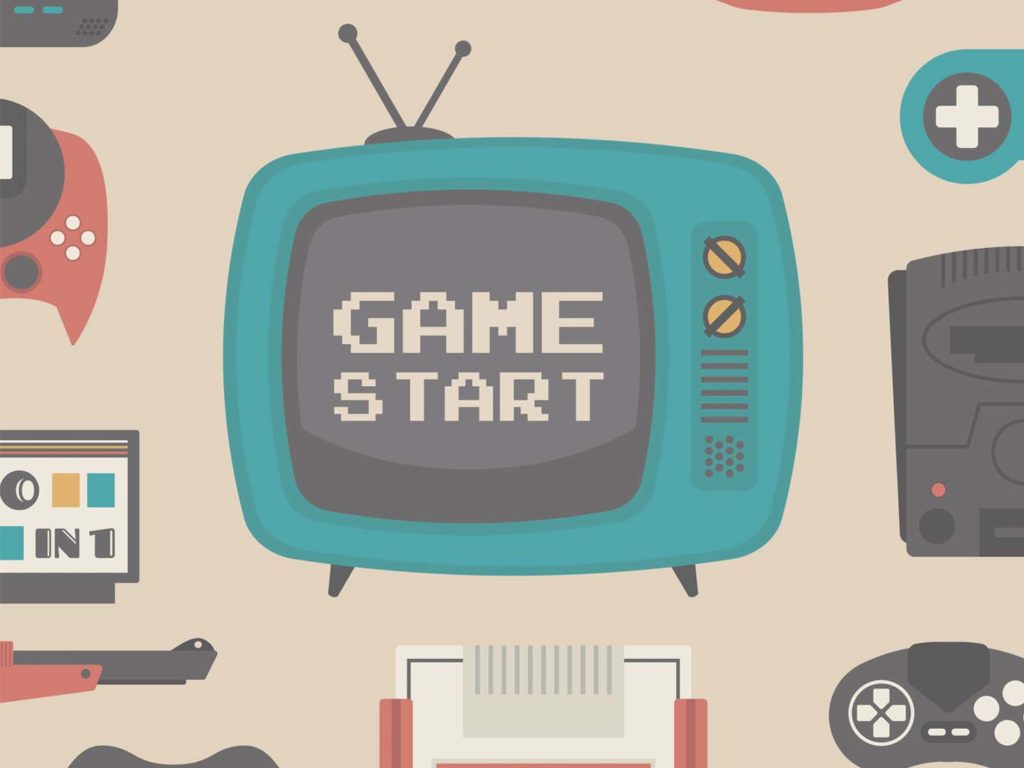Search
If Life Is A Game, Why Aren’t You A Player?
July 16, 2018

I have my morning walk on Mumbai’s Marine Drive almost every day. It’s a great way to keep healthy & spend some quiet time planning the day ahead. However, in the early months when I started, I used to have a tough time motivating myself to get up early in the morning for my daily walk. I then decided to create a game to make my walk a little more fun by having a secret ‘race’ with my fellow walkers on Marine Drive. When I walk, I attempt to go fast enough to overtake the person walking ahead of me. Once I overtake them, I do the same with the next walker ahead of me. At the end of my one hour walk, I mentally tally how many walkers I have overtaken that day.
Ever since I’ve started playing this internal game, I have no problem motivating myself in the morning. The added benefit is that my average walking speed has noticeably increased which has greatly helped my fitness. This made me wonder why this small mental game was so helpful in making achieve my goal and if this can be applied in other areas of my life.
Many of us who have spent hours playing games like Candy Crush or Wordscapes on our smartphones know how addictive they can be. Even though we probably have more important things to do, it is sometimes difficult to tear ourselves away from these games. In fact, this human compulsion has enabled the mobile gaming industry to rapidly grow to USD 108 Billion in the last 5 years, which makes it much larger than the global movie industry!
What makes games so addictive?
Psychologists say that addiction is based around the pleasure (or reward) center of our brains, which is controlled and regulated by a neurotransmitter called dopamine. When we do something that triggers the reward center, dopamine is released, which gives us a little high. Smartphone games are setup to take advantage of this psychological system by ensuring we get a small dopamine high whenever we complete a level, which makes us crave the next high by completing the next level.
There are two simple design elements in these games that facilitate this mental reward mechanism. The first is that each level has visible rewards in the form of numerical points or virtual objects you can collect, which show your progress as you master each level. The second is that the rewards you get are not fixed. Completing each level will give you a different amount of points or in-game objects that you will only discover after completion. Sometimes the game gives you a random bonus at the beginning of each level to help you complete it. This variation in rewards builds subconscious anticipation in your brain, similar to what gamblers feel, to keep you coming back for more.
In fact, a new management discipline called Gamification has emerged that applies these same addictive principles to other parts of life like work, health, education etc. to motivate people and to get them to complete their goals faster.
How can this work for you?
Think of a goal that you have had difficulty trying to achieve, for example, losing 10 Kg of weight or giving up smoking.
Decide by what date you want to have achieved this & break this up into daily or weekly goals. Make sure you track your daily or weekly progress towards these goals and reward yourself every time you have hit your target. For example, you can weigh yourself & then write down that you will lose ½ kg weight this week. Make dietary changes to achieve this. At the end of the week, see if you have lost ½ kg. If you have, give yourself a small reward like going out to see a movie or having a small piece of chocolate. If you have not lost ½ kg, then deny yourself any sort of reward. Soon you will look forward to the small high you get through achieving your weekly goal. Before you know it, you would have managed to reach your 10 Kg target weight loss.
You can set gamified goals in so many areas of your life, like targeting 10 calls to new potential clients per day or finishing 1 online course chapter per week. The key is to break up your goals into achievable chunks in short time periods & rewarding yourself at the end of each period if successful, similar to the levels of a mobile game.
Nothing beats the exuberance of mastering a difficult game. Except the joy of realizing how this mastery has also enhanced your life!
Important Links:
- MBA from ARU, Anglia Ruskin University (UK): https://new.ask.careers/courses/mba-from-uk-university/
- Post Graduate Diploma in Banking & Finance: https://new.ask.careers/courses/post-graduate-diploma-in-banking-finance/
- Post Graduate Diploma in Digital Marketing: https://new.ask.careers/courses/post-graduate-diploma-in-digital-business/
- Post Graduate Diploma in Integrated Marketing, Advertising & Communication: https://new.ask.careers/courses/post-graduate-diploma-in-advertising-marketing/
- 4-IN-1 Professional Diploma in Banking, Financial Services & Insurance (PDBFSI): https://new.ask.careers/courses/professional-diploma-in-banking-management/
- Professional Diploma in Digital Marketing: https://new.ask.careers/courses/professional-diploma-in-digital-marketing/
- Professional Diploma in Real Estate Management: https://new.ask.careers/courses/professional-diploma-in-real-estate-management/
- Professional Diploma in Photography: https://new.ask.careers/courses/professional-diploma-in-photography/
- Certificate in Business English: https://new.ask.careers/courses/certificate-in-business-english/
- Vadodara: https://new.ask.careers/cities/vadodara/
- Ahmedabad: https://new.ask.careers/cities/ahmedabad/
- Mumbai: https://new.ask.careers/cities/mumbai/
- Lonavala: https://new.ask.careers/cities/lonavala/
- TSCMC: https://new.ask.careers/institutes/tscmc/
- TSCFM: https://new.ask.careers/institutes/tscfm/



